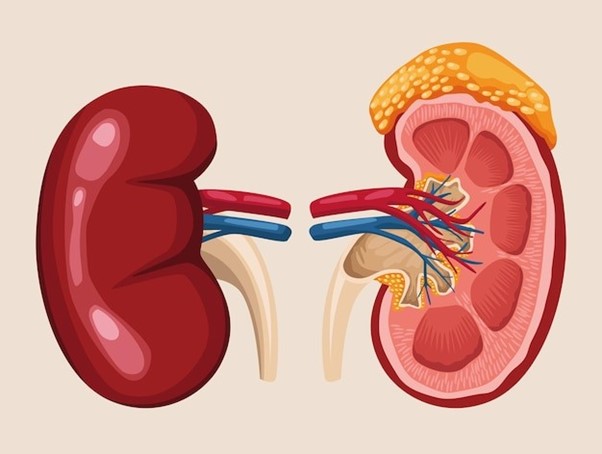Glomerulonephritis, a type of kidney disease, affects the tiny filters within the kidneys called glomeruli. While some cases may go unnoticed, others can lead to severe complications like kidney failure. Understanding its causes, symptoms, diagnosis, and management is crucial for maintaining kidney health.
What is Glomerulonephritis?
Glomerulonephritis involves damage to the glomeruli, impairing the kidneys' ability to remove waste and fluid from the body. These filters, composed of capillaries, play a vital role in urine formation. When damaged, kidney function is compromised, potentially leading to serious health issues.
Types and Causes
Glomerulonephritis can manifest as acute or chronic, with various underlying causes.
Acute cases may develop suddenly, often triggered by infections like strep throat or immune system disorders like lupus.
Chronic glomerulonephritis progresses slowly and may result from genetic factors, certain medications, or autoimmune conditions.
Symptoms and Risk Factors
Symptoms of glomerulonephritis can vary widely or may not appear at all.
Common signs include,
- Blood in urine
- Foamy urine
- Swelling
- High blood pressure
- Joint pain
Risk factors include a family history of kidney disease, exposure to toxins, autoimmune conditions, and certain infections.
Complications
If left untreated, glomerulonephritis can lead to severe complications such as
- Chronic kidney disease
- Hypertension
- High cholesterol
- Blood clots
- Kidney failure
Early detection and management are crucial in preventing these complications.
Diagnosis
- Diagnosing glomerulonephritis often involves urine and blood tests to assess kidney function and detect abnormalities.
- A kidney biopsy may be necessary to confirm the diagnosis and determine the extent of damage.
- Imaging tests like ultrasound or CT scans may also be performed to evaluate kidney structure.
Treatment
- Treatment strategies for glomerulonephritis aim to address underlying causes and prevent further kidney damage.
- This may involve medication to manage blood pressure, control inflammation, or suppress the immune system.
- Dialysis or plasmapheresis may be necessary in severe cases to remove waste products from the blood.
Prevention
While there's no guaranteed way to prevent glomerulonephritis, adopting a healthy lifestyle can reduce the risk of kidney disease.
This includes maintaining a balanced diet, managing blood pressure and diabetes, practicing good hygiene to prevent infections, and avoiding over-the-counter medications without medical supervision.
Outlook
The outlook for individuals with glomerulonephritis varies depending on the severity and underlying cause of the condition.
While some cases may resolve with treatment, others may progress to kidney failure.
Regular monitoring and adherence to medical advice are essential for managing the disease effectively.
Living with Glomerulonephritis
Managing glomerulonephritis involves regular monitoring of kidney function, following a prescribed treatment plan, and making lifestyle modifications as recommended by your doctor.
Recognizing symptoms and seeking prompt medical attention is crucial in preventing complications and maintaining overall health.
Conclusion
Glomerulonephritis is a complex kidney condition that requires careful management and monitoring. By understanding its causes, symptoms, and treatment options, individuals can take proactive steps to protect their kidney health and minimize the risk of complications. Regular communication with doctors and adherence to medical advice are essential for optimizing outcomes and maintaining a good quality of life.





